Category:Philosophy


Stop complaining, start building: why Ayn Rand is so popular among entrepreneurs and high achievers
March 29, 2024 | Post
For people of a certain mindset and ambition, Ayn Rand’s ideas serve as a beacon of empowerment, urging them to stop complaining and instead focus on what they can do to build their own destinies.
Let’s look at some of the reasons why entrepreneurs and high achievers are a particularly receptive audience to the ideas of Ayn Rand.

Five people influenced by Ayn Rand
March 20, 2024 | Post
Ayn Rand has inspired countless readers from various walks of life, including some you might have heard of.
Many notable people from fields as diverse as comic books, rock music, activism, and business have credited her as a significant influence.
Let’s look at five such individuals…

Anthem: a gateway to the genius of Ayn Rand
March 14, 2024 | Post
Today, 86 years on from its original publication, Anthem stands firm as a testament to the enduring power of the human spirit and the eternal flame of individualism.

Love your enemies: why human respect is the key to victory
January 24, 2024 | Post
When I was in college, my primary motivator for activism was anger. No, that doesn’t even accurately describe my mindset at the time. Fury would probably be the more correct term.
My strategy was simple; I enjoyed demonstrating the absurdity of their positions (can’t you see that all government action is theft and slavery!!!). When they disagreed, I would simply raise my volume and my indignation.
As the need for more indignant activism grew, so did my anger. But anger did more to destroy myself than to defeat my enemies.
Instead, there is a better way. One that enables the liberty movement to grow…

Socialism is immoral. This Soviet refugee tells us why
October 20, 2023 | Post
The most compelling case for why socialism is immoral comes from someone with first-hand experience. This is the story of a Soviet refugee, one whose experiences and insights lay bare a truth that challenges the very foundations of socialism.
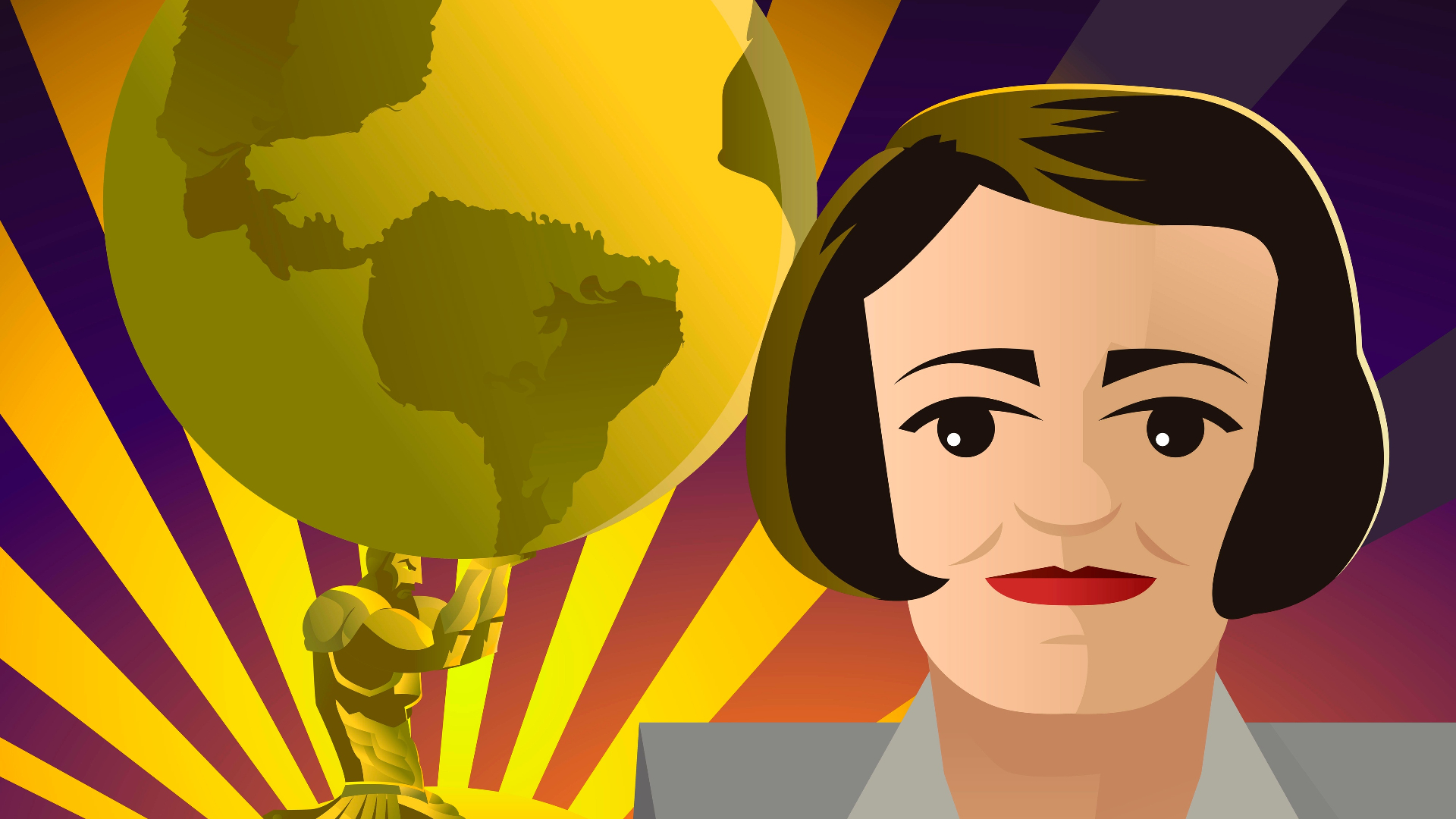
Five books to understand Objectivism
September 18, 2023 | Post
Whether you’re stepping into Rand’s world for the first time or revisiting these classics with fresh eyes, these books are your passport to exploring Objectivism and its profound implications for individual liberty, reason, and the pursuit of happiness.

The philosophical journey of liberty: from Antiquity to the Age of Revolution
September 5, 2023 | Post
After its extensive development in Greece and (to a lesser extent) Rome, the notion of liberty was largely forgotten during the subsequent medieval era. During this time, a culture of intense military domination emerged, leading the European population to submit to regimes that caused a decline in both political and individual autonomy, and consigning ancient Greek democratic institutions to history.

How Students For Liberty will free the world — with a hand from F.A. Hayek
September 4, 2023 | Post
Imagine a world where the principles of classical liberalism are not just taught but lived by every individual. This vision is not just a dream, but a goal that Students For Liberty (SFL) is actively working towards – and you can be a crucial part of making it a reality.
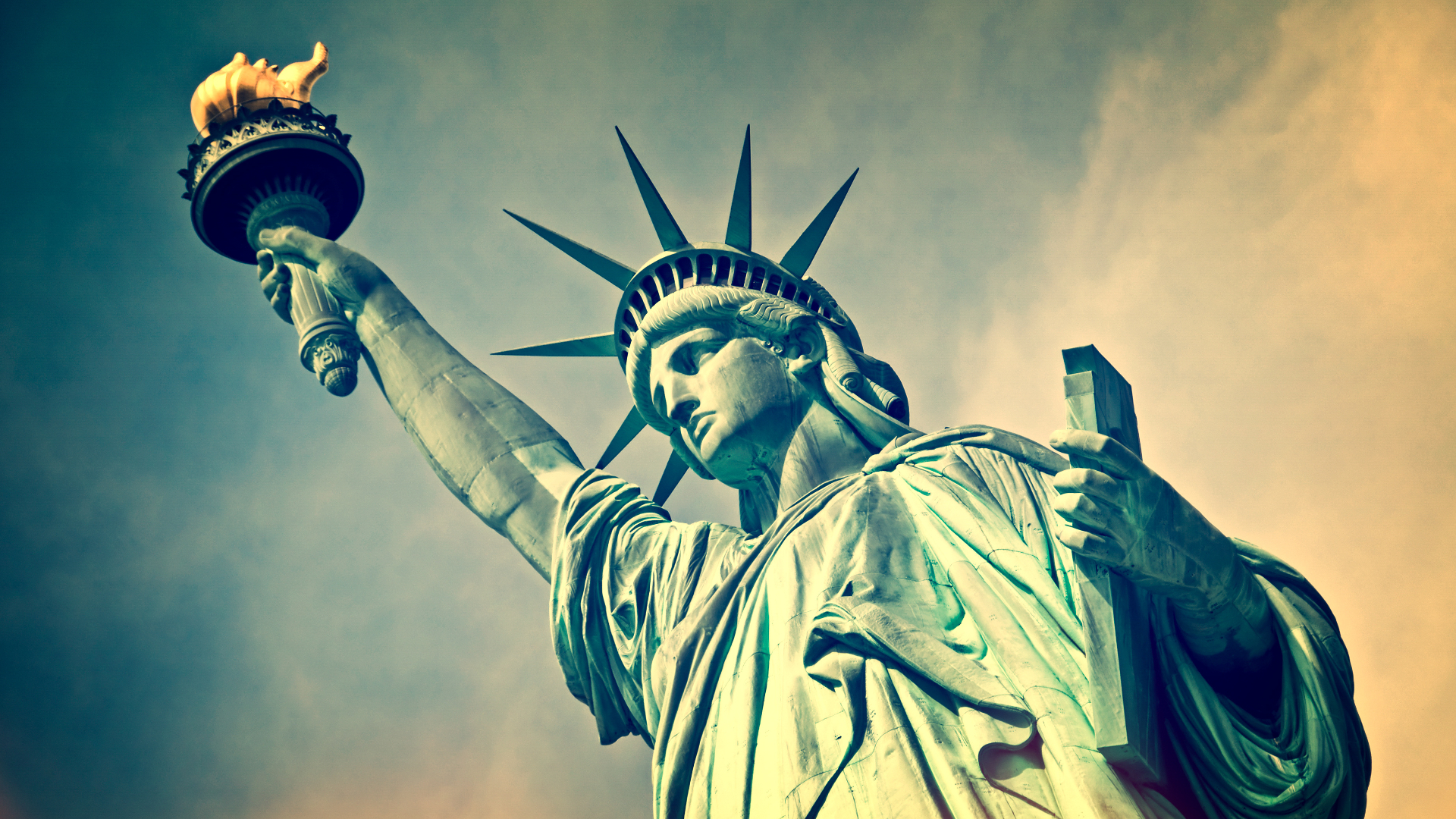
The origins of libertarianism
August 3, 2023 | Post
Within the world of political spectrums, one ideology stands out for its axioms, principles, and ethics: libertarianism. It is a political philosophy based on the idea that the individual is the sole owner of oneself and therefore has the right to exercise their freedom without external interference, as long as it does not harm the freedom of others.

Five books to understand classical liberalism
July 6, 2023 | Post
Ready to dive into the captivating world of classical liberal literature but not sure where to start? We’ve got you covered! Whether you’re new to the world of classical liberalism or seeking to expand your knowledge, these five books are key to unlocking a deeper appreciation of its core tenets.
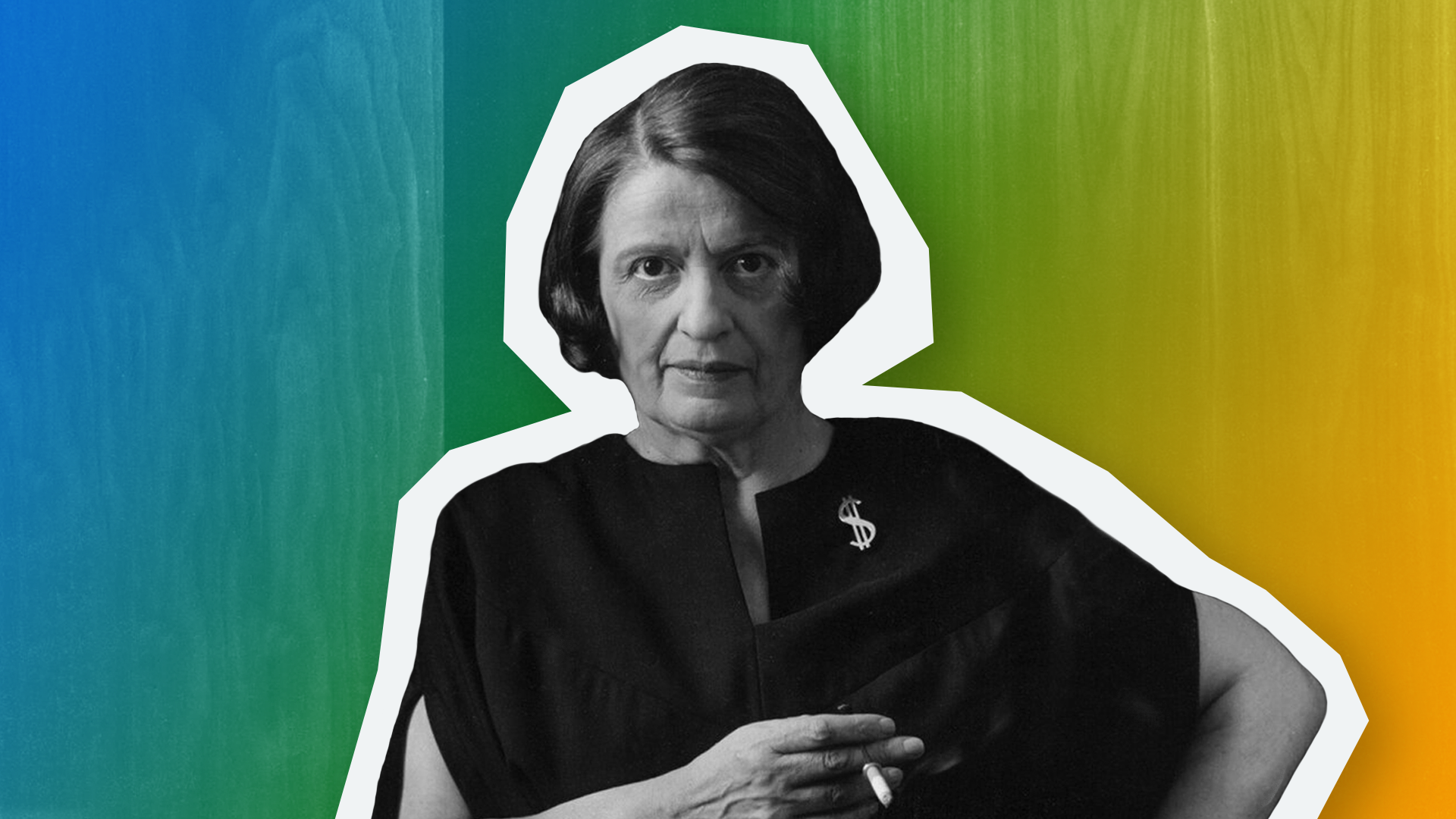
Who was Ayn Rand?
February 27, 2023 | Post
Ayn Rand, a celebrated author and philosopher, was one of the most influential thinkers of the 20th century. Known for her bestselling novels, such as The Fountainhead and Atlas Shrugged, Rand’s ideas have had a profound impact on the fields of politics, economics, and philosophy.

What are the limits of ideology?
February 17, 2023 | Post
Ideology — that is, a system of beliefs that are baked into our perception of the world — serves important functions in human society. It can provide context to problems, foster a sense of belonging and community, and in some cases even inspire hope. But what are the limits of ideology?
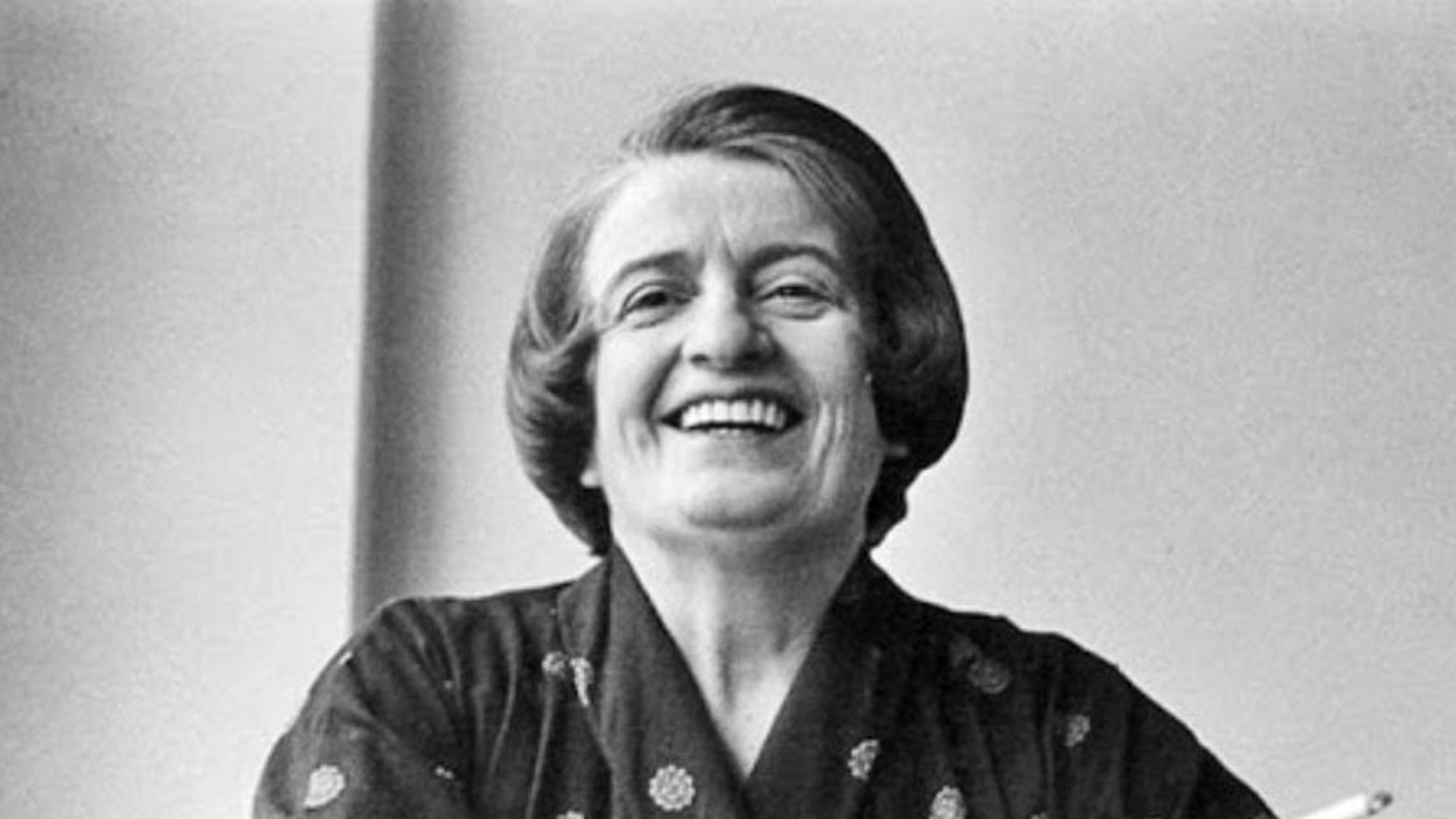
7 Ayn Rand quotes for living a fulfilling life
February 14, 2023 | Post
Central to Ayn Rand’s philosophy of Objectivism is the idea that each of us should hold our own personal happiness as our highest moral purpose. Here are a selection of Ayn Rand quotes for living a fulfilling life…

Review: ‘How the Force Can Fix the World,’ by Stephen Kent
January 10, 2023 | Post
In “How the Force Can Fix the World”, Stephen Kent explores how Star Wars themes can be applied to our current political and cultural landscape. A thought-provoking and compelling read for fans of Star Wars and for those looking for a new perspective on real-world issues.

Why cosmopolitanism is essential to liberty
November 23, 2022 | Post
Cosmopolitanism is the belief in universal human rights, regardless of time or place. That each of us is a citizen of the world first, country second. It also denotes a law and morality that transcends all, and must be applied to everyone equally. But cosmopolitanism is more than just a recognition of the universal rights of others.
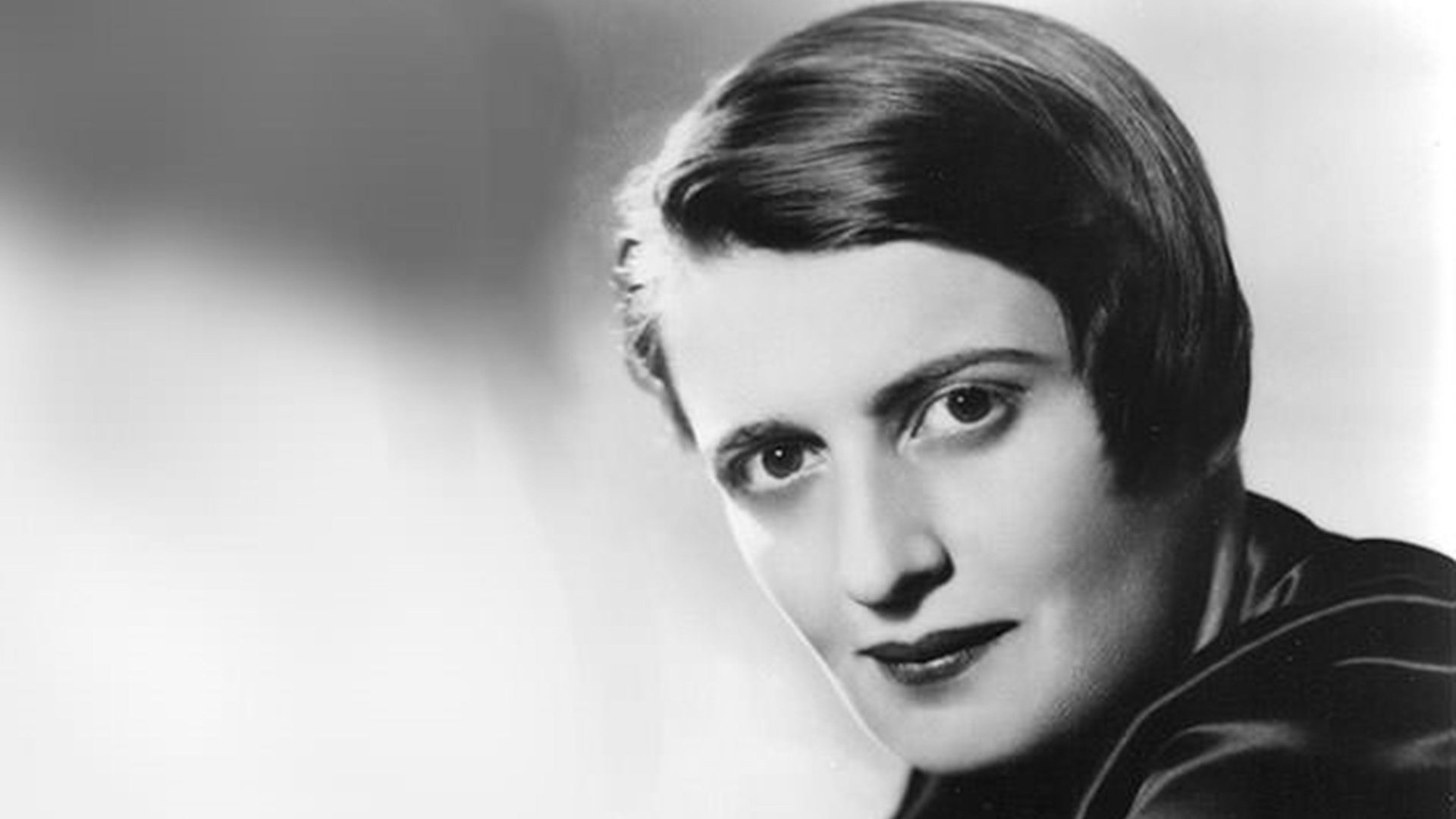
Five myths about Ayn Rand and Objectivism
October 14, 2022 | Post
Objectivism is consistently mischaracterized and stereotyped in popular media, and is blamed as responsible for any right-leaning political development. Here are five common myths that you may have heard about Ayn Rand.

Western cultural myths about China prevent us from seeing reality
October 1, 2022 | Post
Just because something’s ancient doesn’t mean it’s wise. And just because Confucius (or even some other thinker of renown — even if that’s Ludwig von Mises!) said something, doesn’t mean it’s beyond reproach.

What does it mean to be left or right-wing?
September 30, 2022 | Post
It used to be very easy to define political camps. You were left-wing if you were a socialist, and you were right-wing if you were a capitalist. But now the terms of the debate have changed. Economics has taken a back seat
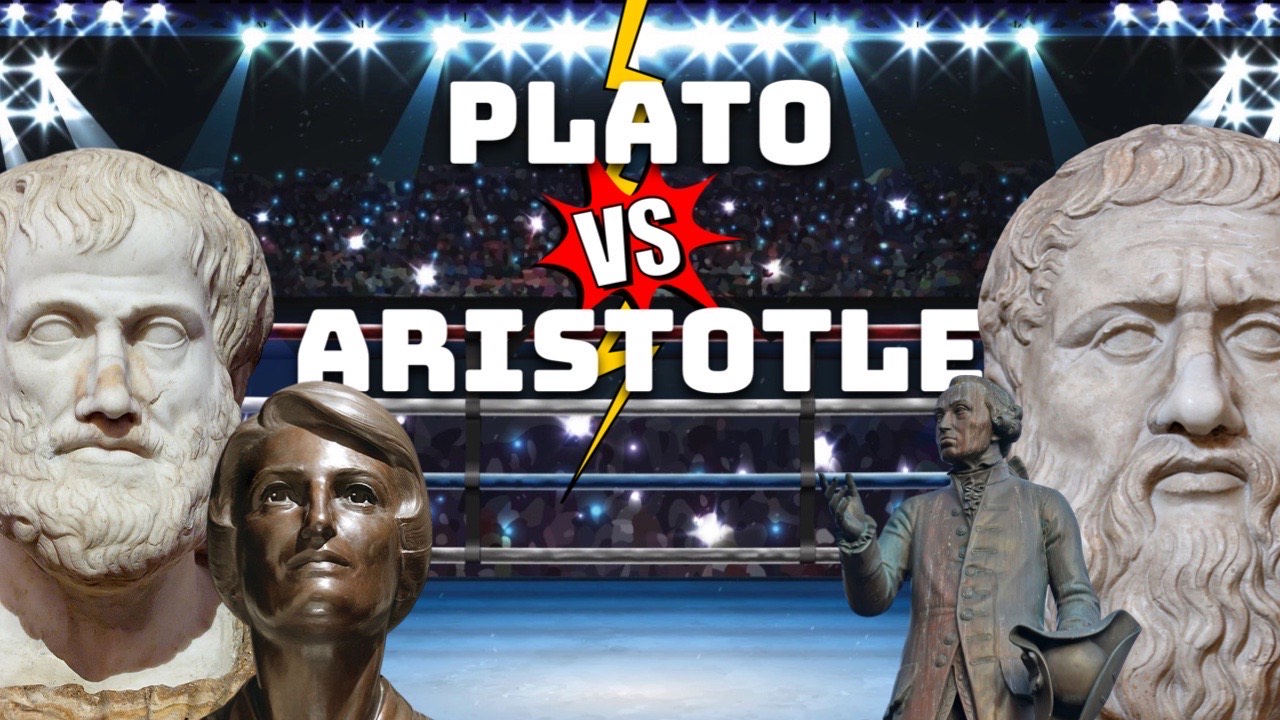
Aristotle v. Plato: How Their Ideas Shaped Rand, Kant and the World
September 15, 2022 | Video
In this video, Jon Hersey, managing editor of The Objective Standard, argues that four thinkers, Aristotle, Rand, Plato, and Kant, are the key to understanding some of history’s most brilliant eras — and its darkest — as well as the modern-day culture war that seemingly divides us so profoundly. Whose ideas, for example, dominated during […]

The libertarian personality: a quick guide to the best friends you’ve yet to meet
July 8, 2022 | Post
Friends of liberty are united by a common interest in peacefully building a freer society that champions liberty for all.

How do we justify property rights?
March 25, 2022 | Post
John Locke and David Hume are two thinkers who provided a robust defense of property rights, and their arguments are markedly different.
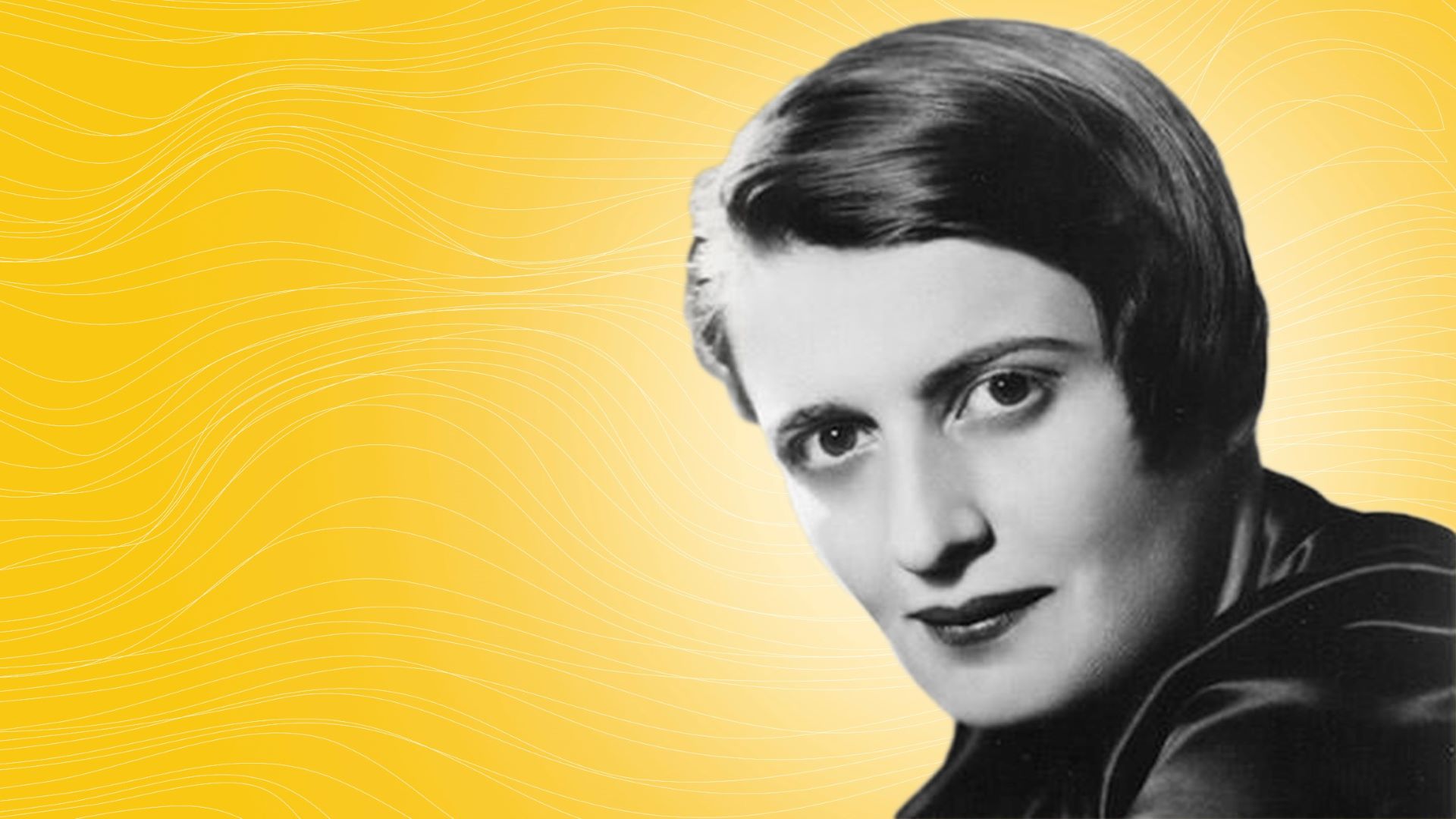
What makes Ayn Rand so significant
February 28, 2022 | Post
When we think of terms such as capitalism, individualism, or selfishness, one name comes to mind: Ayn Rand. But what makes Rand so significant?

Why modernity is unthinkable without capitalism
February 2, 2022 | Post
Modernity is unthinkable without capitalism, yet Ayn Rand defined capitalism as an unknown ideal, one whose benefits people did not understand

What kind of Libertarian are you?
December 16, 2021 | Video
If you feel constrained by the Democrat/Republican, liberal/conservative divide, you might be a Libertarian. And if that’s the case, Learn Liberty’s wide-ranging Philosophy 201 & 202 courses is for you.
In this introductory video, Peter Jaworski, Assistant Teaching Professor at Georgetown University, and Chris Freiman, Associate Professor at William and Mary University lay out a brief syllabus, defining Libertarianism as a political philosophy that regards individual liberty as the morally appropriate and legitimate priority for political institutions.

